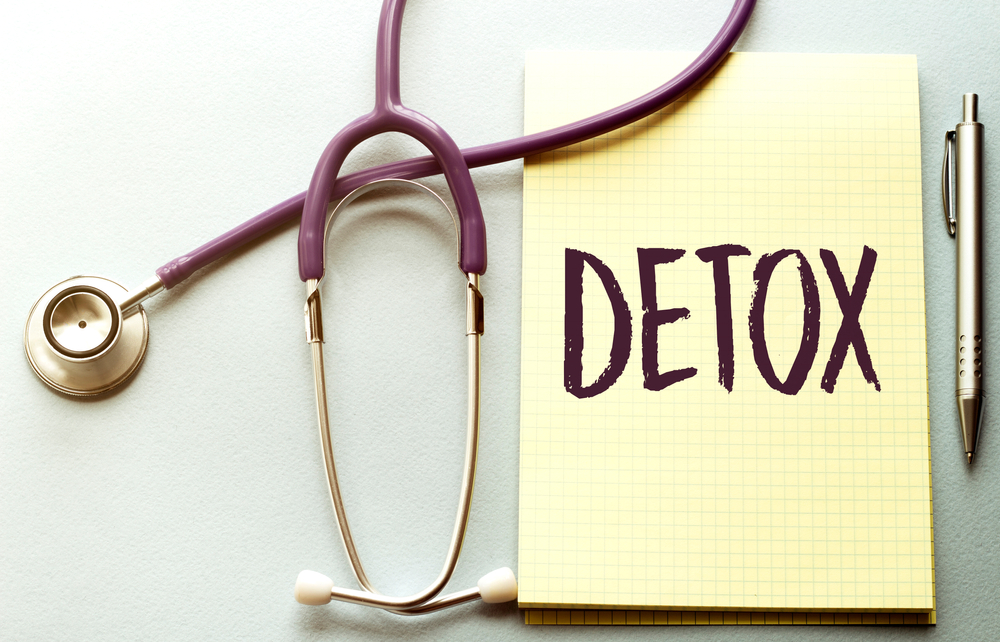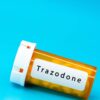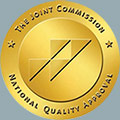Detoxification, informally known as detox, is explained by the Substance Abuse and Mental Health Services Administration (SAMHSA) as “a set of interventions aimed at managing acute intoxication and withdrawal.
It denotes a clearing of toxins from the body of the patient who is acutely intoxicated and/ or dependent on substances of abuse.” There are a variety of detox methods available, with varying levels of support. Individuals struggling with addictions to certain substances (e.g., heroin, benzodiazepines, prescription opioid narcotics, alcohol, etc.) are highly encouraged to undergo a medical detox due to the severity of the withdrawal symptoms. The primary purpose for the detox process is for an individual to physically begin to realign his or her body and brain functioning abilities without the presence of the abused substance or substances.
Medical detox refers to ridding the body of abused substances under the care of a team of licensed medical professionals (e.g., nurses, clinical staff, therapists, etc.) that is most often supervised by a physician. This method of detox typically takes place in a specific facility that is equipped to deal with various intense withdrawal symptoms. Inpatient detox programs require an individual to reside at the detox facility for the duration of the detox process. Medical detox can be provided in an inpatient treatment, residential, or outpatient basis, and may exist as part of a larger substance abuse rehabilitation program or operate on its own. They provide individuals with twenty-four-hour supervision, to ensure the individual’s safety throughout the duration of the detox process.
Medical detox programs offer an individual medical supervision as well as medical intervention if need be. Various pharmacological treatments may be utilized in conjunction with therapeutic modalities to assist in the process. Most commonly medications that are administered during detox are used to help treat severe withdrawal symptoms. Medical detox not only helps an individual manage the physical discomforts associated with his or her withdrawal symptoms but can also offer psychological and emotional support throughout the process. Once an individual successfully completes detox, as part of the discharge protocol, medical detox programs will provide the individual with an appropriate follow-up plan. An individual will be guided as to his or her options regarding continuing substance abuse and/ or addiction treatment.
For Information and Support
Contemplating detox can be a very challenging time. Before any individual can begin to work on the underlying issues contributing to their substance abuse problem, they must be separated from the substances in their systems. If you are concerned for yourself or a loved one regarding substance abuse, and/ or addiction we recommend reaching out for help as soon as possible. The earlier you seek support, the sooner you and your loved ones can return to leading happy, healthy, and fulfilling lives. Sherwood Detox offers a stand-alone detox program. For additional information on detox, please do not hesitate to contact us at: 818-626-9959 or feel free to email us anytime. One of our trusted counselors is available to talk and discuss how we can best support you on your journey.









